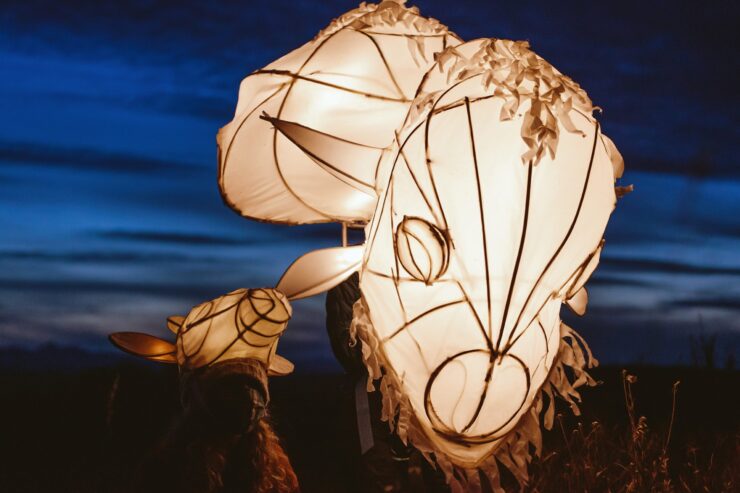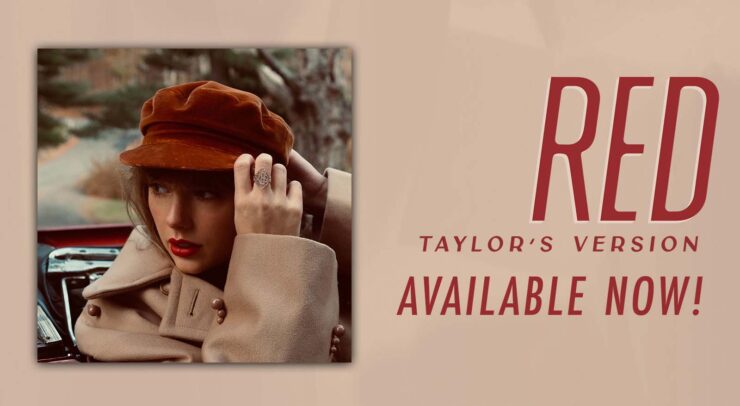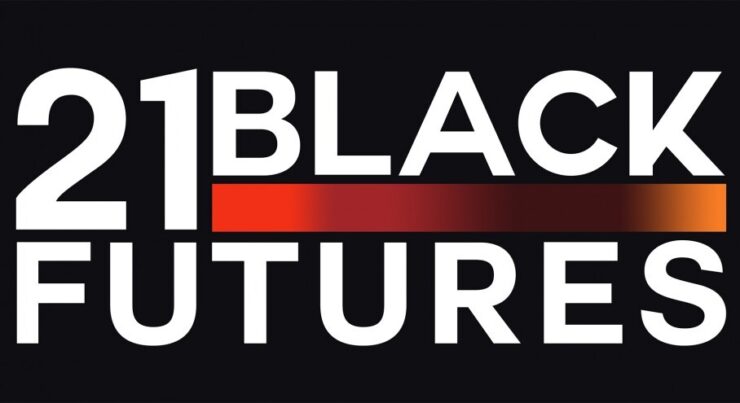Yes, I watched the debate. No, I don’t want to talk about it.
I moved to Canada from the United States four years ago.
I was one of the lucky ones, per my overwhelmingly-liberal Facebook feed. I got to live the left-wing American dream and flee to Canada in the moments before Trump’s electoral victory. Obviously, I didn’t plan my move in direct reaction to the election: I’d made up my mind about where I wanted to attend university several months prior. But on Nov. 8, 2016, I couldn’t help but feel selfishly grateful as I watched my country slowly come to terms with the choice they’d made from across the border.
That gratitude disintegrated into a gnawing guilt over the following months. I crawled into American political coverage in the hopes that staying informed equated to staying involved. Kate McKinnon remains a personal hero of mine for her layered, biting portrayal of Hillary Clinton on Saturday Night Live in 2016. I’m an avid fan of John Oliver for his funny-yet-painstakingly-accurate coverage of current events in the United States, particularly since Trump’s rise to power. I keep up with the day-to-day political leanings of my hometown – a gentrified and generally-Democratic Baltimore, MD.
It’s worth noting: I’m actually trapped in Canada at the moment due to the present US-Canada border closure. Since my classes are all online, there’s no guarantee I’d be let back in to Ottawa if I were to visit my family. Since work requires I be in Ottawa, I’m stuck here until the border re-opens for free travel between the two countries. You could say I’m a little wigged-out about this whole situation.
With this context in mind: believe me when I write that this week’s debate was a difficult watch.
Prior to the debate, I’d attended the Fulcrum’s three-hour Annual General Meeting. I then, as the office’s resident American, swapped my computer for the TV and prepared for more agony.
My boyfriend had purchased orange wine for the debate. Orange wine to watch the Orange whine (I was pretty proud of that one).
Even buzzed, even with my Baltimore-bound parents only a Facebook message away, even with in-person company – I hadn’t felt so alone since that stark November night four years prior.
The sound bites came crashing down:
“Proud Boys – stand back and stand by.”
“Don’t you ever use the word ‘smart’ with me.”
“The Radical Left.”
“Will you shut up, man?”
“How many of you woke up this morning and had an empty chair at the kitchen table because someone died of COVID?”
“It is what it is.”
That’s just it. It is what it is.
The U.S. has handled COVID-19 shockingly badly. Canada’s CERB, while not perfect, covered at least some monthly expenses for Canadians this summer as the economy licked its wounds. Americans, however, have had to make a single $1,200 stimulus cheque last seven months. The poor are poorer than they’ve been in decades, and the rich are richer; remember that “Bezos set to be world’s first trillionaire” headline? It’s no accident that that happened during a global pandemic. This week we learned that this milestone was achieved at the mercy of of 20,000 Amazon employees who contracted COVID while working in warehouses across the United States.
The United States is built on the backs of the lower class. It is what it is.
Systemic racism against Black Americans came to a boiling point at approximately month four of the COVID-19 shutdown in the United States. The protests across the country (and eventually the world) signaled a way forward towards justice for Breonna Taylor, George Floyd, Eric Garner, Sandra Bland, Trayvon Martin, Freddie Gray, and so, so many more.
But the U.S. has stagnated in implementing meaningful legislation to prevent further systemic racism against Black people. Blame it on the pandemic, the election, the economy, an intrinsically flawed system of government, whatever – but work remains to be done and has been placed on a bureaucratic back-burner on Capitol Hill.
The United States is built on the exploitation of Black people. It is what it is.
Women at the U.S.-Mexico border are undergoing forced hysterectomies. Children are still in cages. COVID-19 outbreaks at ICE detention centres and prisons have been under-reported. Families remain separated.
The United States, founded on a promise of prosperity for white settlers, is letting immigrants die under its care. It is what it is.
If you watched this debate and emerged an undecided voter, you haven’t been paying attention over the last four years.
I have the unmitigated privilege of participating in this election from the safety of Canada. I sent in my ballot by mail weeks ago. (This is the part where I’m unsure if the Fulcrum will let me say explicitly for whom, but I’ll let you come to your own conclusions).
There were small pockets of joy in this debate: Biden’s “will you shut up, man?” is great campaign merch fodder, and his performance is all the more impressive knowing he battles a significant stutter.
But the first U.S. presidential debate didn’t tell us anything we didn’t already know. Trump’s rhetoric is better suited to late-night Twitter rampages than distinguished public forums: we knew that. Biden has endured significant personal loss while building a successful political career: that’s not new information, and has been integral to his campaign. Trump and Biden foster almost zero respect for each other: no surprise there.
The mask-opposed, invincible Trump has recently tested positive for COVID-19.
There may not be another debate.
Election day may bring with it far more questions than answers.
I am scared for my country. I fear the over-the-top spectator sport which its political sphere has become during my time abroad. But I’ll be honest: I can’t really blame the voyeurism anymore. I can’t fault the jokes at my country’s expense, the all-too-real anxiety for what the world will look like on the morning of Nov. 4. I don’t know how we got here, either; I make no excuses for the sins of the place I call home, and fully acknowledge the still-raging guilt I embody from within the safety of my Canadian student visa.
The vice presidential debate is this Wednesday. It will take more than orange wine to calm my nerves this time.




